Global Fund Program in Nepal Plunges into Crisis – UNDP and Ministry Under Fire as Community Trust Crumbles

KATHMANDU – A damning indictment of leadership paralysis and systemic dysfunction has engulfed Nepal’s vital Global Fund Seventh Cycle programs for HIV, Tuberculosis, and Malaria.
Nepal’s critical Global Fund Seventh Cycle programs for HIV, Tuberculosis, and Malaria are facing a deepening crisis. The primary implementing agency, the United Nations Development Programme (UNDP), and the Ministry of Health and Population (MoHP) stand accused of being “ineffective, disoriented, and increasingly disconnected” from the communities they are mandated to serve.
For over a year, a chorus of desperate complaints from partner organizations, civil society, and community groups has underscored a catastrophic breakdown in program delivery. Pervasive delays, scandalous resource mismanagement, and an alarming lack of transparency have laid bare a leadership vacuum that is now directly threatening the lives of Nepal’s most vulnerable populations.
Leadership’s Deafening Silence Amidst Crisis
The sheer gravity of this unfolding disaster became starkly clear at a recent “Knowledge Sharing Workshop” organized in Kathmandu on Monday. What was cynically billed as a forum for progress morphed into a public spectacle of raw disappointment and seething outrage. Conspicuously absent were key officials, including Dr. Bikash Devkota, Secretary of the MoHP, and Bheem Sapkota, head of the coordination division – a glaring dereliction of duty. Senior UNDP representatives, despite their presence, maintained a chilling, almost contemptuous silence, creating an undeniable impression of evasion and an utter abdication of responsibility.
Adding to the damning evidence, revelations emerged regarding the controversial assignment of Sujan Onta, UNDP’s HIV Analyst, to a pivotal presentation role. Sources intimately familiar with the program allege Banta’s prior dismissal from Save the Children in June 2024 due to “poor performance.” This revelation alone raises profoundly disturbing questions about UNDP’s internal governance and the alleged protection of individuals based on “connections and influence” rather than institutional merit, a practice that further marginalizes and silences legitimate community voices.
“Second-Hand” Shame: Bureaucracy’s Destructive Rigidity
The rot of mismanagement extends deep into the critical resources. A proposal from Save the Children to compassionately transfer essential equipment—vehicles, laptops, furniture—procured during its tenure to UNDP was shockingly, even cruelly, rejected by USAID, which bizarrely labeled the assets “second-hand.” Ministry officials have rightly decried this as a glaring example of bureaucratic inflexibility directly leading to the flagrant and shameful misuse of vital resources, desperately needed by those on the front lines.
Community’s Breaking Point: “Our Patience Has Run Out”
This crisis is not an isolated misstep; it is the brutal culmination of long-standing systemic failures and a persistent, disrespectful pattern of behavior towards community-based civil society organizations.
The current Principal Recipient (PR) – UNDP – stands unequivocally accused of failing to procure vital test kits, PPEs, and other absolutely essential supplies. Frontline staff are reportedly reduced to working on antiquated Excel sheets due to a critical and criminal lack of access to laptops, tablets, and the crucial DHIS2 system, rendering ambitious targets nothing more than hollow, cruel promises. Coordination with the MoHP remains catastrophically weak, eroding any last vestige of confidence in the entire Global Fund initiative.
Civil Society’s Demands: A Righteous Call for Accountability
In a powerful, unified display of righteous indignation, civil society has issued a four-point ultimatum:
1. Immediate Action Plan: Implement a clear and swift plan for the supply of materials, equipment, and critical forms.
2. System Access: Ensure immediate and unhindered access to the DHIS2 system and provide essential laptops, tablets, and data recording tools without further delay.
3. Public Accountability: Publicly address UNDP’s past negligence and definitively identify responsible departments or individuals who must be held to account.
4. High-Level Review: Conduct an emergency, high-level review led by the Ministry and the Global Fund to fairly evaluate UNDP’s eligibility to continue as the Principal Recipient.
“We will no longer stay silent,” declared community representatives. “If tangible improvements are not made, this issue will be raised internationally.” The re-evaluation of UNDP’s leadership and the urgent exploration of alternative Principal Recipient models are now, undeniably, inevitable and pressing necessity. The world watches, appalled, as Nepal’s Global Fund program teeters on the brink, demanding immediate, uncompromising, and decisive action from all involved.
क्याटेगोरी : English, अन्तर्राष्ट्रिय, समाचार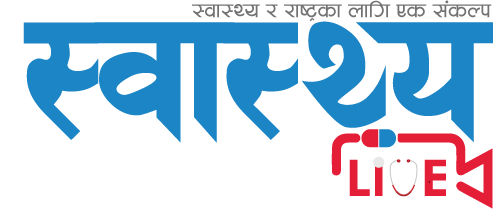

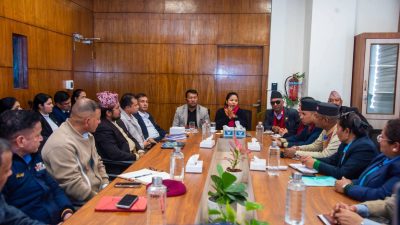
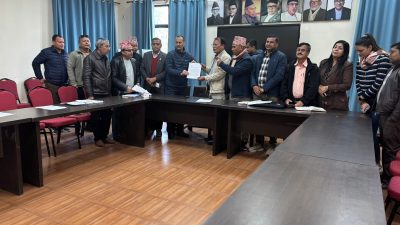

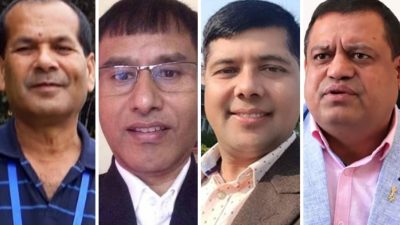
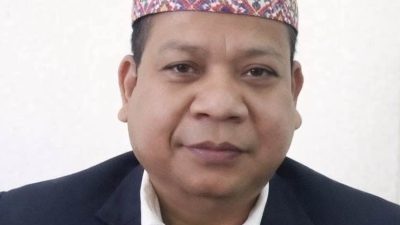
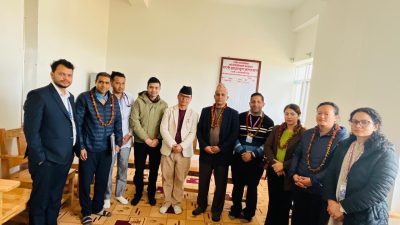

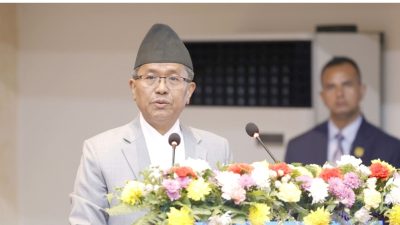


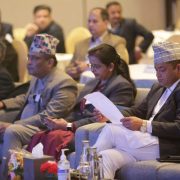
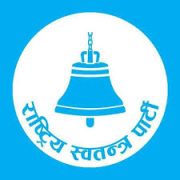
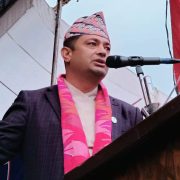

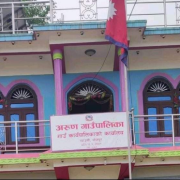
तपाईको प्रतिक्रिया दिनुहोस